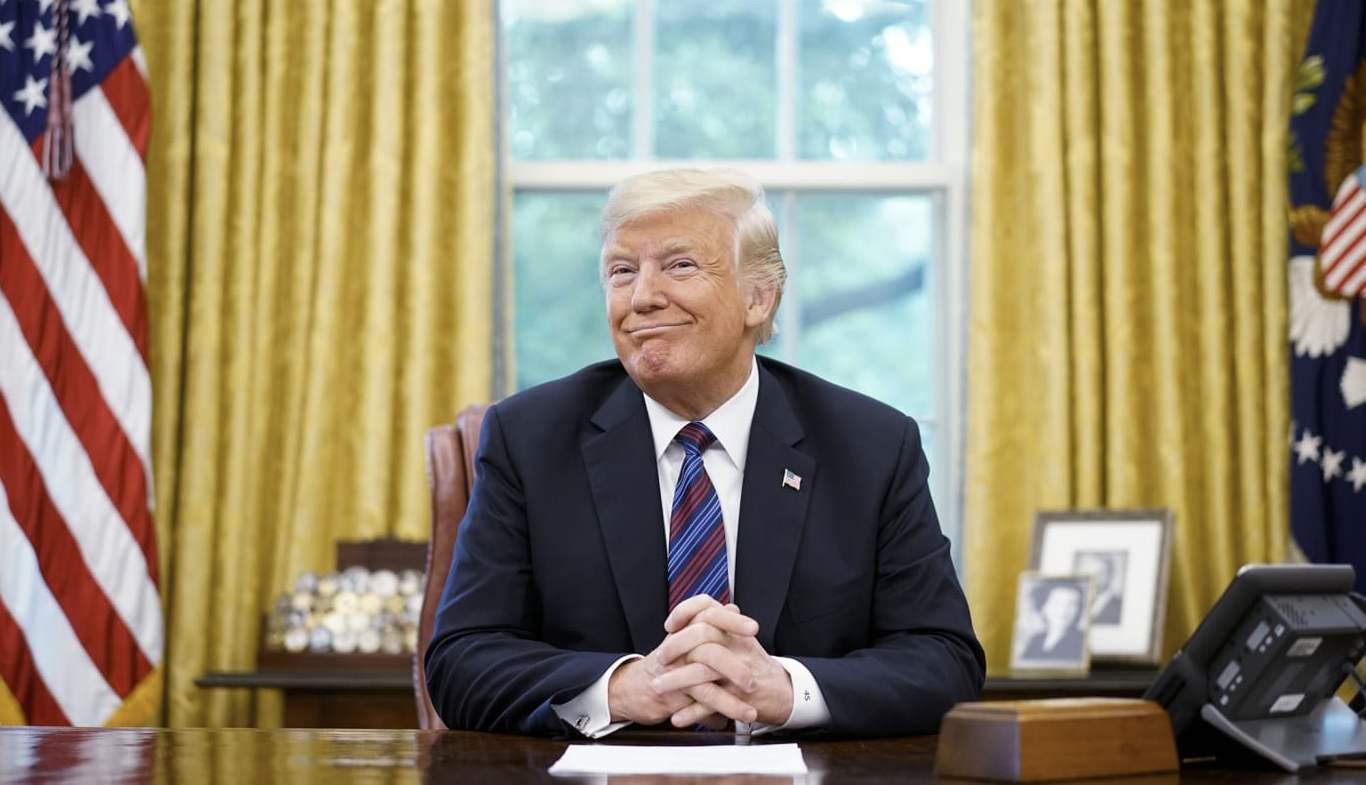
Donald Trump, the 47th President of the United States, has taken another significant step during his second term by signing an executive order that aims to consolidate presidential control over agencies traditionally regarded as independent. This move, which experts say could dramatically expand presidential power, marks another departure from longstanding norms of limiting executive overreach.
The executive order mandates that several independent agencies—including the Federal Trade Commission (FTC), the Securities and Exchange Commission (SEC), and the Federal Communications Commission (FCC)—must now submit their draft regulations to the President for review before they can be implemented. Previously, these agencies had operated with a degree of autonomy, authorizing their own regulations without direct presidential oversight. Under the new order, however, they are required to consult with political leaders on setting their priorities and developing strategic plans.
Crucially, the order eliminates any special exceptions that previously allowed these agencies to operate independently. The only exception is the monetary policy functions of the Federal Reserve, which will remain outside the scope of the President’s direct control. Additionally, the order stipulates that all executive branch officials and employees are now subject to direct supervision by the President. The Office of Management and Budget (OMB) will also play a central role by ensuring that federal funds are allocated and spent in accordance with the President’s policy objectives.
According to the language of the order, “The President and the Attorney General will interpret the law for the executive branch, instead of having separate agencies adopt conflicting interpretations.” By centralizing regulatory oversight, the administration asserts that previous independent actions by these agencies have imposed costly regulations on the American public without sufficient accountability. The document argues that unchecked executive power undermines the constitutional principle that government must be accountable to the people, and it emphasizes that “executive power without responsibility has no place in our Republic.”
The order explicitly criticizes the regulatory activities of the FTC, SEC, and FCC, asserting that these agencies have historically exercised enormous power and issued regulations that have cost the country billions of dollars. The President contends that their actions have, at times, been carried out without appropriate oversight, and that the new directive is necessary to prevent further imposition of costly regulations on the American people. By requiring these agencies to report directly to the White House, the administration aims to ensure that their actions align with the President’s policies and priorities.
Under the new framework, Russell Vought, the acting director of the Consumer Financial Protection Bureau, has been tasked with developing performance standards and management objectives for the heads of the affected independent agencies. Vought will also be responsible for periodically reporting to the President on each agency’s performance and efficiency. Additionally, he will have the authority to recommend necessary adjustments to the agencies’ budgets to better align them with the overarching policy goals of the administration.
This executive order represents one of the most far-reaching assertions of presidential authority in recent history. By extending direct oversight to agencies that have traditionally operated with a significant degree of independence, President Trump is redefining the balance of power within the executive branch. This approach stands in stark contrast to the policies of previous administrations, including that of President Barack Obama, who consciously avoided interfering with the operations of independent agencies in order to maintain a separation between political leadership and regulatory expertise.
Political analysts note that previous presidents have largely refrained from challenging the autonomy of agencies such as the FTC, SEC, and FCC. In fact, former administrations have often taken measures to shield these agencies from political pressure, in part by appointing leaders who could serve in their roles for extended periods. By contrast, President Trump’s decision to mandate direct reporting and oversight signifies a fundamental shift in how the executive branch will interact with its regulatory bodies.
Proponents of the order argue that it is a necessary step to ensure that all executive branch activities are coordinated under a unified vision, thereby increasing government accountability and efficiency. Critics, however, express concern that such centralization of power could undermine the independence of critical regulatory agencies, potentially leading to decisions that favor political considerations over objective, data-driven policy-making.
Since assuming office in his second term, President Trump has issued a series of executive orders covering a wide range of issues. Notable among these are orders renaming the Gulf of Mexico to the Gulf of America, imposing tax tariffs on Canada and China, and introducing measures targeting transgender participation in sports. In addition, he has signed orders to end COVID-19 vaccine mandates in schools, to eliminate the procurement of paper straws, and to establish a new White House Faith Office—a reconfiguration of the former Office of Faith-Based and Community Initiatives.
The latest order is viewed as a culmination of these efforts, representing an ambitious consolidation of executive power. As the nation continues to assess the implications of these policy shifts, the coming months will likely reveal both the immediate and long-term impacts of increased presidential oversight over independent agencies. For now, the order stands as a bold assertion of executive authority, one that has the potential to redefine the interplay between regulatory independence and presidential control for years to come.





